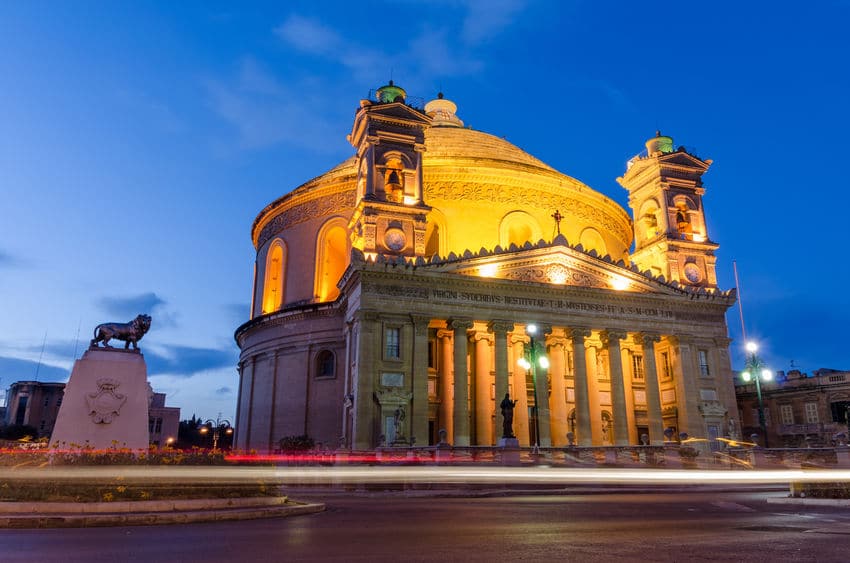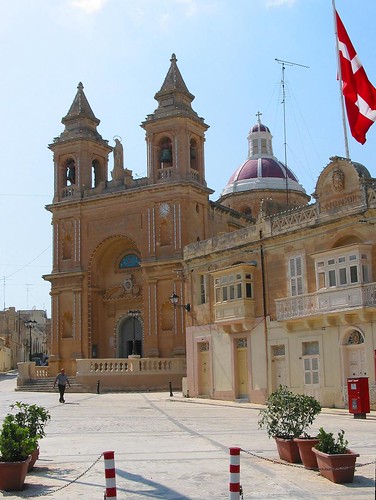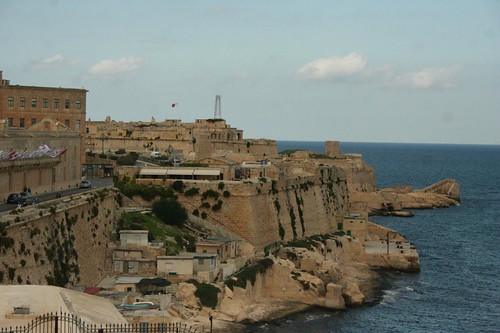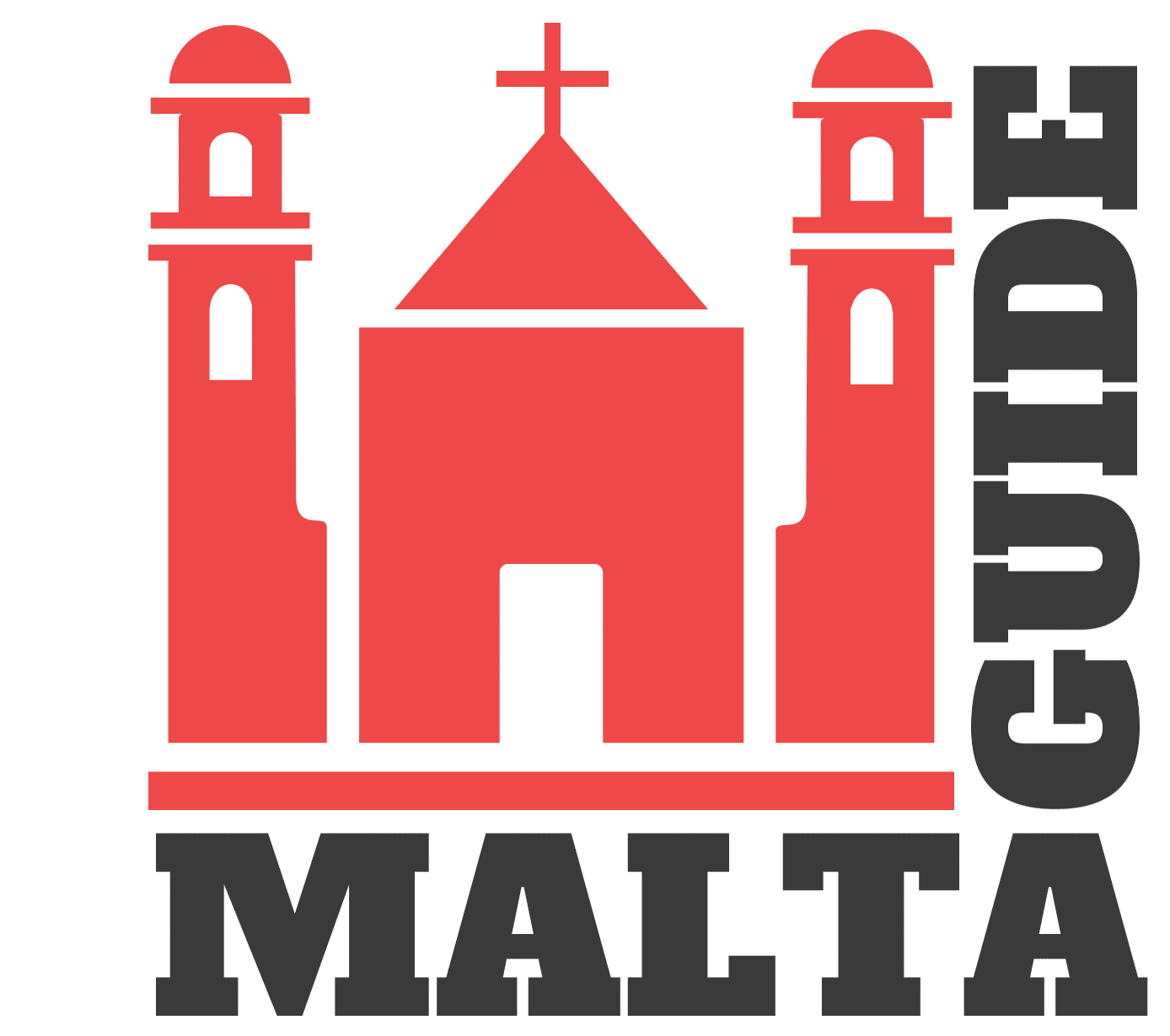
Malta is an archipelago of small rocky islands with few natural resources. However, its strategic position in the middle of the Mediterranean sea turned Malta into a safe port between Southern Europe and North Africa or Western Europe and the Middle East.
This is why the history of the Maltese islands is so rich since it was first colonised, thousands of years ago. In fact, they played a crucial role in the most important historic events like the wars between Rome and Carthage, the rise of Islam, the Crusades, the wars between Christians and Muslims, the rise and fall of Napoleon, the rise and fall of the British Empire, the fight for democracy against Fascism and Nazism, the Cold War, the rise of a United Europe and the challenges of the Third Millennium. Indeed the history of Malta is full of interesting facts.
Malta History – from ancient times until today
Historians believe that the first settlers arrived in Malta from Sicily but there is also evidence of people arriving from Africa. It is equally believed that it was during Copper Age that some of the temples considered today world heritage by UNESCO were built, maybe 1000 years before the Pyramids of Giza.
One of the origins of the name Malta is the word Malet, which means shelter, referring to the use of the Maltese islands as a safe port for Phoenician trade. After this period, during the Punic Wars, Malta was ruled by Carthaginians and Romans and became famous in the Roman World because of the production of textiles. In 60 A.D., St Paul was shipwrecked in Malta (in a place now called St Paul’s Bay) and converted the local people to Christianity, still today very present in the Maltese everyday life.

When the Roman Empire was failing, Malta became part of the Byzantine Empire, in 533 A.D.. Then, in 870, the Arabs took over, leaving a strong legacy to the Maltese language, life and customs.
Only in 1090 were the Arabs expelled from Malta, by Normans who had established a kingdom in southern Italy and Sicily. So, for 440 years, Malta became an appendage of Sicily, being sold and resold to many feudal lords and dominated successively by the rulers of Swabia, Aquitaine, Aragon, Castile, and Spain.
Norman domination lasted until the Knights of St John of Jerusalem (a religious crusader organisation) arrived in Malta. Their arrival happened after, in 1522, Suleiman II had driven them out of Rhodes. They dispersed to their commanderies in Europe and kept asking for territory to Charles V of Spain until in 1523 (although formally only in 1530), he finally made the knights feudal sovereigns of Malta. Throughout the rule of these famous “Knights of Malta”, almost 300 years, they built towns, palaces, churches, gardens and fortifications, strongly contributing to the amazing cultural heritage of the Maltese islands that you can visit today. In the times the Knights of Malta stayed in power, the Turks tried to occupy Malta in The Great Siege of 1565, but without success.
It was only in 1798 that the Knights peacefully surrendered to Napoleon, accepting their decline, and departed. But the people of Malta rebelled and defeated the French two years later, with the help of the British. In 1814, Malta voluntarily became part of the British Empire, which transformed the island into a military and naval base, the headquarters of the British Mediterranean fleet.
During World War II, Malta suffered many raids from German and Italian military forces, which destroyed many historical building. Describing the wartime period, the American president Franklin Roosevelt, described Malta as “one tiny bright flame in the darkness.” In recognition for the bravery of the Maltese, King George VI awarded the George Cross “to the island fortress of Malta – its people and defenders”, in 1942.

Malta became and independent country 1964 and became a Republic in 1974, with a Parliamentary Democracy. Malta became a member of the EU on May 1 2004. Economically, the main source of income comes from tourism. This is why you have been reading these lines.
